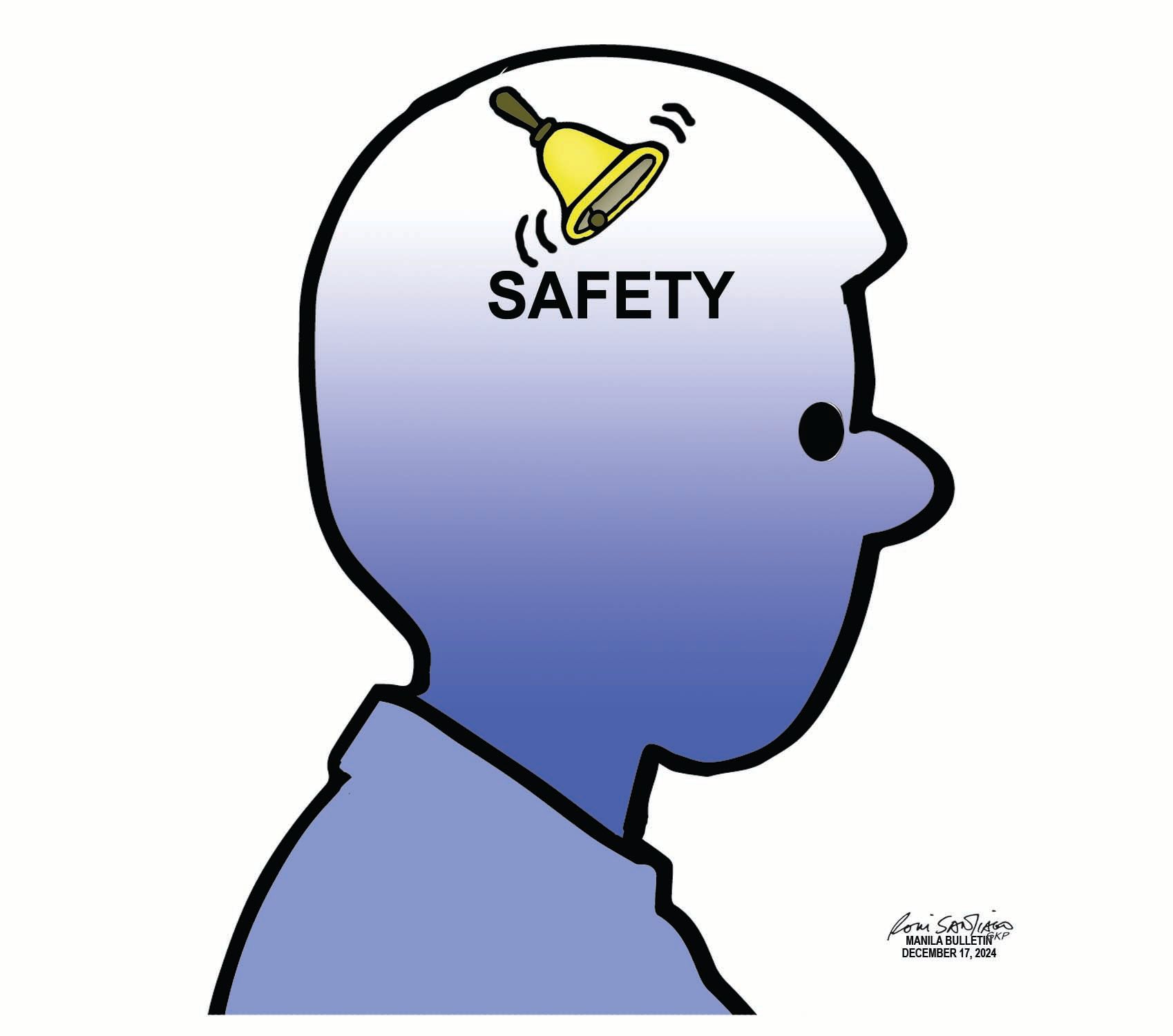
‘Be prepared,’ the Scout motto, is both a timely and timeless reminder.
Oxford Dictionary’s definition of mindfulness offers a comprehensive concept of being prepared: “the quality or state of being conscious or aware of something; a mental state achieved by focusing one’s awareness on the present moment, while amply acknowledging and accepting one’s feelings, thoughts, and bodily sensations.”
It is difficult to avoid commentary on the death from electrocution of three scouts last Thursday, Dec. 12, at a campsite in Mount Abong-Abong, Barangay Pasonanca, Zamboanga City.
According to the Philippine News Agency (PNA), “the scouts were among a group of 10 who accidentally moved a canopy into contact with a live electrical wire.” Forthwith, the Boy Scouts of the Philippines (BSP) has ordered a moratorium on all outdoor scouting activities nationwide, while expressing their grief over the incident. The PNA also reported that “the fatalities were senior scouts aged 22, 18, and 17” while the other victims included children “aged nine, 11, and 12, now in stable condition and under observation.”
A book on Global Disasters: Inquiries Into Management Ethics by Robert E. Allinson provides a comprehensive analysis of the causes of four major disasters — and how lessons from these could be applied to similar events of lesser magnitude.
The first step is to debunk monocausality, or the fallacy of a single cause that brings about a major disaster. Unless this is done, according to Dr. Allinson, there will be no further due diligence efforts to uncover or understand what really happened. Instead, attention will be focused on one or a few “culprits” who will invariably invoke the fallacy of “human error.”
He declares that every disastrous event needs to be viewed wholistically, or, as the outcome of a confluence of several causes. Asserting that disasters can be prevented, he emphasizes the imperative to create a humanistic organization that acknowledges the primacy of people.
According to Merriam-Webster, the word ‘safety’ entered the English language in the 14th century; “it is derived from Latin salvus, meaning uninjured, or in good health. Safety implies protection from harm or danger. From a management perspective, it involves the “control of recognized hazards” in order to achieve “an acceptable level of risk.”
In the Civil Code of the Philippines, Article 1163 states that when someone is obligated to give or take care of something, they must exercise the diligence of a good father of a family, or the principle of bonus pater familias. If this is reckoned in terms of the Filipino family concept, this implies leaving no stone unturned in efforts to ensure maximum safety and care of children.
In the case of the Zamboanga scout jamboree, the participation of young children — three of those who survived electrocution were aged nine, 11, and 12 — clearly signaled the imperative of applying extraordinary diligence.
The Law Insider Dictionary’s definition of operational safety is instructive. Operational safety means “the absence of unreasonable risk under the occurrence of hazards resulting from functional insufficiencies of the intended functionality (e.g. false/missed detection), operational disturbances (e.g. environmental conditions like fog, rain, shadows, sunlight, infrastructure) or by reasonably foreseeable misuse/errors by the driver, passengers and other road users (safety hazards — without system faults).”
Indeed, the recent events at the opening of the Zamboanga scout jamboree constitute a teaching and learning experience that is beneficial to all.